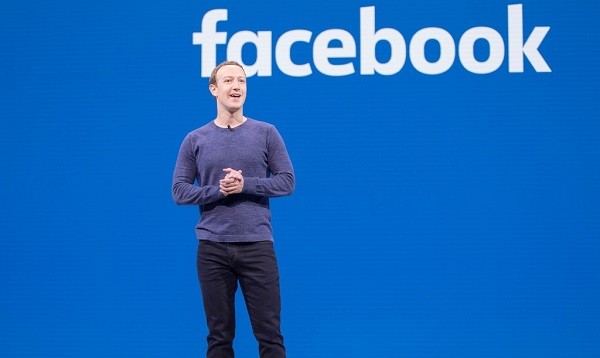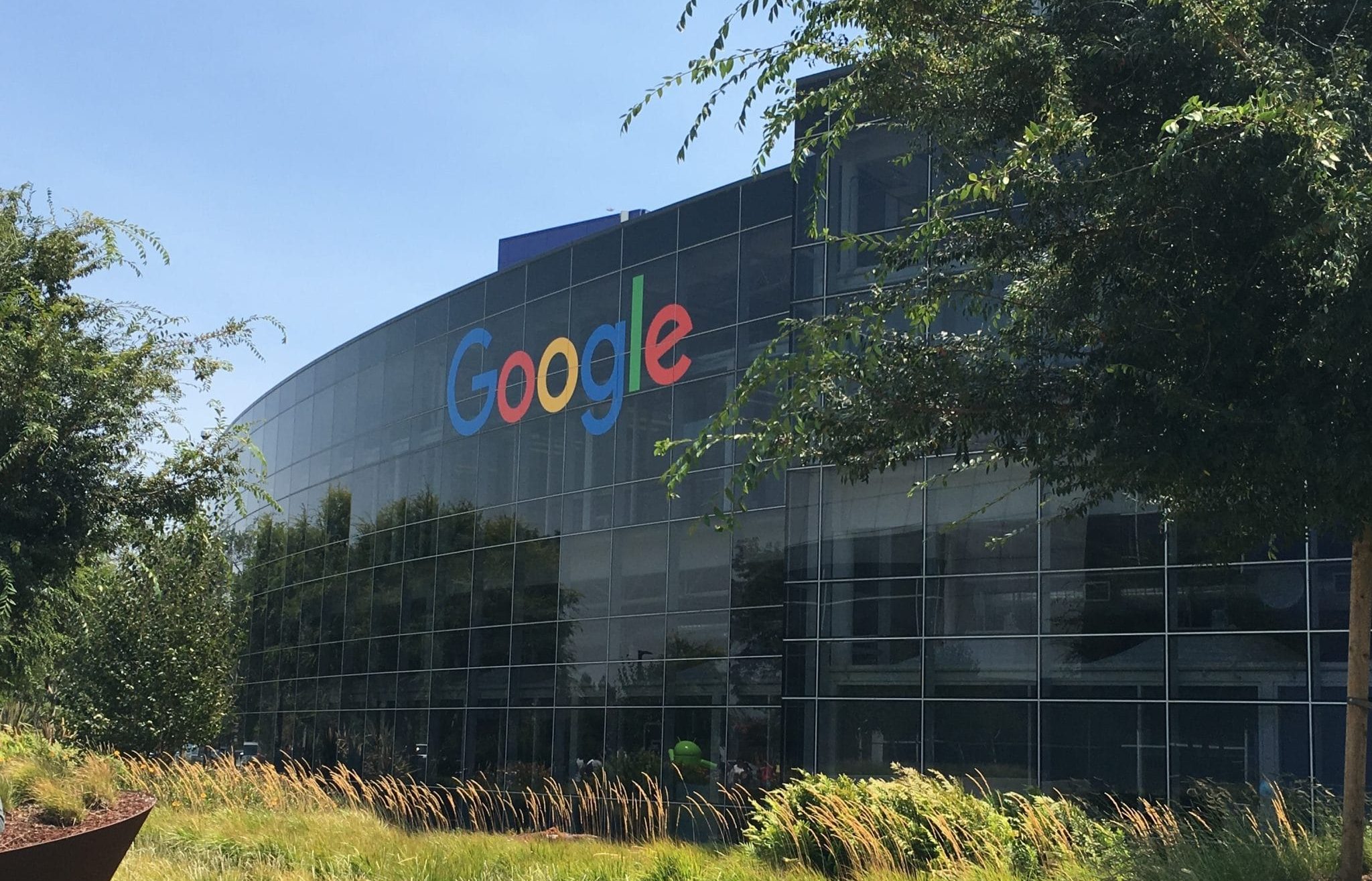
 Worried about Facebook (Quote, Chart NASDAQ:FB)?
Worried about Facebook (Quote, Chart NASDAQ:FB)?
Don’t be, says portfolio manager David Baskin, who claims that not only will the company maintain its stranglehold on the digital advertising sector going forward but investors who jumped ship after FB’s last quarterly report were focusing on the wrong numbers.
Infamous by now, Facebook’s share price took a record nosedive at the tail end of July as the market reacted to its second quarter earnings report. Falling almost 19 per cent over a single day of trading, the plunge was precipitated by investor response to the company’s Q2 misses on revenue -$13.23 billion compared to the consensus expectation of $13.36 billion— and global daily active users —1.47 billion users versus the consensus 1.49 billion— with the latter figure representing a year-over-year growth rate of 11 per cent, lower than analysts’ predictions. (All figures in US dollars.)
Management’s guidance wasn’t to investors’ liking, either, as it projected a slowdown in revenue growth for the year.
Now a month later and the stock has failed to recover from the trauma, something Baskin finds perplexing.
“When you already have two billion users, you’re not going to grow by 25 per cent per quarter, everyone should recognize that, right? So when people say they were disappointed with the growth in users, well, come on, be reasonable,” says Baskin, president and portfolio manager of Baskin Wealth Management, to BNN Bloomberg.
“What matters to us is what share of the mobile advertising market does Facebook command?” he says. “To us, that’s the more important metric than the number of users, and the answer is that together with Google they’re absolutely dominant in those markets.”
“They have a long and deep current of advertising revenue, as newspapers continue to go out of business, as magazines continue to go out of business, as streaming video outpaces network television, advertisers increasingly are going to the Internet and they’re ending up on Facebook and Google,” he says. “So the amount of advertising dollars that these two companies are going to command is absolutely massive.”
“I think that the people who were focusing on user growth were looking at the wrong metric,” Baskin says.
Facebook’s next earnings report is due on November 7, with the consensus so far calling for revenue of $13.83 billion, representing a 34 per cent uptick from the previous year.
Baskin says that compared to some of the other big tech names, Facebook looks relatively cheap, as it’s trading at about 25 times forward earnings. “We don’t think that’s too much,” he says. “The analyst community can sort of talk itself into a frenzy, and the fall on Facebook was precipitous — we think it was way overdone.”
Leave a Reply
You must be logged in to post a comment.





 Share
Share Tweet
Tweet Share
Share




Comment